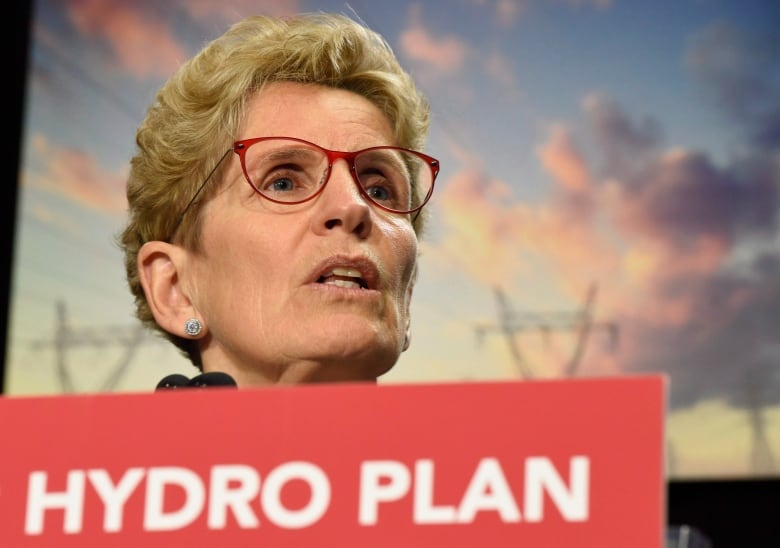'Ridiculously out of reach' hydro bills have rural Ontarians turning to churches for help

Over the past decade, electricity rates have nearly doubled in Ontario. In rural areas, where the cost of delivery is higher, it's even worse — and it's driven some people to turn to their local churches to ask for help.
But now the churches are having a hard time keeping up with demand.
Brian Horrobin is the pastor at the First Baptist Church in Wallaceburg, Ont. He spoke with As It Happens host Carol Off about the desperate measures people are taking in his community to try to cover their costs. Here is part of their conversation.
Carol Off: Pastor Brian, just how bad are the hydro bills for people in Wallaceburg?
Brian Horrobin: Well, I think people have been facing increasing hydro bills for the last couple of years, but more pronounced here in 2016 and 2017. I've met people who've told me what they were paying a few years ago and what they're paying now — it's ridiculously out of reach to what it was.

CO: Tell me some of the stories people are coming and giving you.
BH: I have people coming to my door, people I don't know, just people from the community, saying "someone told me I could come here and ask you if you could help me with some of my groceries."
I'll say to them, "Have you been to the Salvation Army? They'll help you with that."
They say, "Yes, I've been to the Salvation Army, but I'm only allowed one visit a month there and I have a family. They gave me some food. It was wonderful. But that's run out and I don't have any more money for food. The reason I don't have money for food is I took money that I had and I applied it to my hydro bill."
Most of the time they'll ask, "Can you help me with some groceries?" I think they figure a church would fall in line more with that. Although I do have people that come out and say, "Llisten, is there any way you can possibly help me with my hydro bill?"

CO: And how tapped out is that benevolent fund at this point?
BH: It's always been a good fund and it's always been a good level. But in the last couple of years, I have overdrafted the fund two or three times, I can't remember how many. The need is so great.
CO: What does it tell you that people are having to choose between being able to pay their hydro bills and buying food for their families?
BH: Awful decision to make, you know, because especially families with children, you don't want your kid to be hungry. But how do you go to bed at night when you're trying to turn your thermostat down, you're doing everything you can, you do laundry at off-peak times, following all the rules and still not able to pay the bill off? It's really a terrible decision to put people in that they're forced to make.
CO: Can you give us a sense of what the bills are like? What's the cost of a hydro bill for a typical family now in Wallaceburg?
BH: I'll give you an example of a family I know. They live in a small three-bedroom, two-level house. They have six children, younger children. They are all under the age of 10. Their bills, three or four years ago were maybe $125, $130 per month, and his recent bill is approaching $400 a month. This is a man that's also laid off from his job. He is on EI but he says it's been tight. So they are just kind of hanging in there, with the EI, and hoping winter is done and bills start to come down.
This interview has been edited for length and clarity. For more on this story, listen to our full interview with Pastor Brian Horrobin.